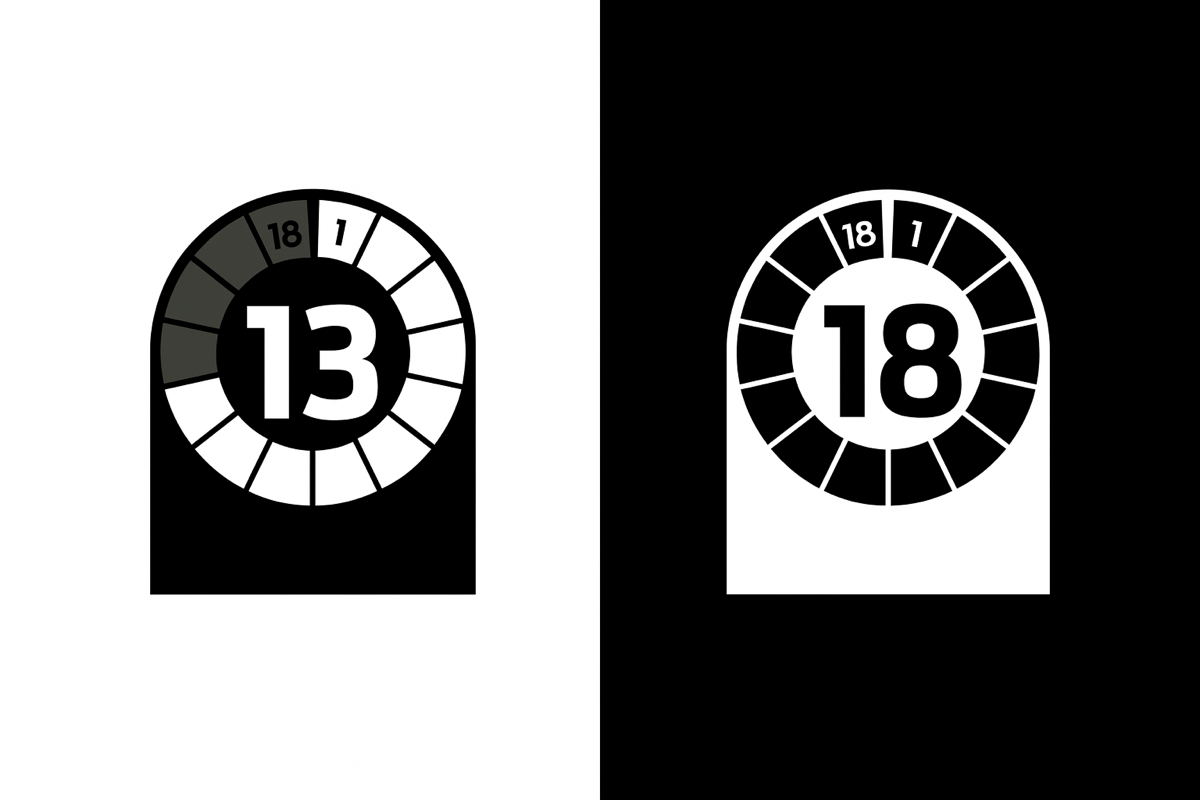
Adolescent Preventing Harm & Protecting Patients Policies
Incident Reporting & Escalation Policy (Under-18s)
HAUS OF ÄSTHETIK
Incident Reporting & Escalation Policy (Under-18s)
Effective Date: 1st April 2025
Review Date: 1st April 2026
Author: Clinical Governance Lead
Approved By: Managing Director
Version: 1.0
1. Purpose
This policy outlines the protocol for identifying, recording, reporting, and escalating incidents involving service users under the age of 18, in compliance with:
-
Care Quality Commission (CQC) Regulation 13 – Safeguarding
-
Working Together to Safeguard Children (2018)
-
NHS Duty of Candour
-
NMC/GMC Codes of Practice
-
Haus of Ästhetik’s internal Clinical Governance Framework
The objective is to ensure safe, transparent, and timely management of incidents that may impact the wellbeing, treatment, or safeguarding of under-18 service users.
2. Scope
This policy applies to:
-
All clinical and non-clinical staff at Haus of Ästhetik
-
All patients aged 13–17 receiving treatment (currently limited to acne and post-acne care)
-
Any incidents involving parents or guardians that relate to safeguarding, consent, or allegations
3. Definition of Reportable Incidents (Under-18 Specific)
Incidents that must be reported include, but are not limited to:
|
Incident Type |
Examples |
|---|---|
|
Adverse Reactions |
Severe redness, swelling, infection, post-peel complications, allergic response |
|
Safeguarding Concerns |
Disclosures by child, suspected coercion, neglect, and emotional abuse |
|
Allegations from Parents/Guardians |
Concerns about treatment, communication, failure to follow agreed protocols |
|
Non-Attendance or Missed Appointments |
Repeated no-shows, especially for Gillick-incompetent minors requiring parental attendance |
|
Refusal of Treatment Mid-Course |
Patient becomes distressed or confused, unable to continue |
|
Loss or Breach of Confidential Information |
Patient records, ID documents, or communication with unauthorised persons |
4. Immediate Response Protocol
Upon becoming aware of an incident involving a minor:
-
Ensure Immediate Safety:
Prioritise the welfare of the child. If an urgent safeguarding concern arises, remove the child from harm and initiate safeguarding procedures.
-
Document the Incident:
Use the Haus of Ästhetik Incident Reporting Form, completing within 24 hours.
-
Inform the Safeguarding Lead:
Escalate to the Designated Safeguarding Lead (DSL) without delay if:
-
A safeguarding issue is suspected
-
A parent or child makes a disclosure
-
Any aspect of Gillick competence, consent, or clinical care is questioned
-
5. Escalation Pathway
|
Severity Level |
Description |
Action |
|---|---|---|
|
Level 1(Minor) |
Delayed appointment, mild adverse reaction |
Record and monitor. Discuss with guardian at next appointment. |
|
Level 2(Moderate) |
Missed appointment by Gillick-incompetent minor, unclear consent, parent complaint |
Notify Safeguarding Lead. Discuss with guardian. Reassess Gillick competence if needed. |
|
Level 3(Major) |
Safeguarding disclosure, refusal of treatment, and serious clinical reaction |
Immediate escalation to Safeguarding Lead. Initiate LSCB referral if needed. Report via CQC/Local Authority if serious. |
6. Staff Responsibilities
|
Role |
Responsibilities |
|---|---|
|
Practitioners |
Identify and report any incidents involving under-18s. Ensure accurate documentation and communication with guardians. |
|
Reception/Admin |
Record cancellations or no-shows. Flag patterns of missed attendance. |
|
Safeguarding Lead |
Review incident reports. Assess for escalation. Refer to external safeguarding agencies when indicated. |
|
Clinical Governance Lead |
Audit and analyse trends in under-18 incident reports. Lead annual review of this policy. |
7. Documentation & Reporting Tools
All incidents should be logged using the following:
-
Incident Reporting Form (IRF-U18)
-
Clinical Notes (EMR or physical)
-
Safeguarding Concern Form (if applicable)
-
Email Notification to Safeguarding Lead (within 24 hours)
All documentation must be stored securely in accordance with UK GDPR and CQC data retention requirements.
8. Non-Attendance Follow-Up
If an under-18 patient fails to attend a booked appointment:
-
1st Non-Attendance
-
Call guardian to confirm reason. Record in patient file.
-
-
2nd Consecutive Non-Attendance
-
Send formal letter or email to guardian. Notify Safeguarding Lead.
-
-
Pattern of Missed Appointments (3+)
-
Escalate as potential safeguarding concern. DSL to assess for neglect, coercion, or disengagement from care.
-
9. Training
All staff must complete:
-
Level 2 Safeguarding Children training
-
Annual incident reporting training session
-
Briefing on this specific policy for under-18 care
10. Monitoring & Review
-
All under-18 incident reports will be reviewed quarterly at the Clinical Governance Meeting
-
Trends or repeat incidents will trigger root cause analysis
-
This policy will be reviewed annually or in response to any serious incident
Signed:
Managing Director & Safeguarding Lead
Date: 1st April 2025
